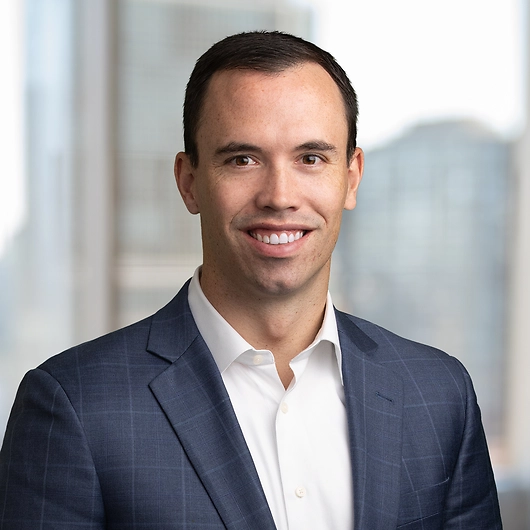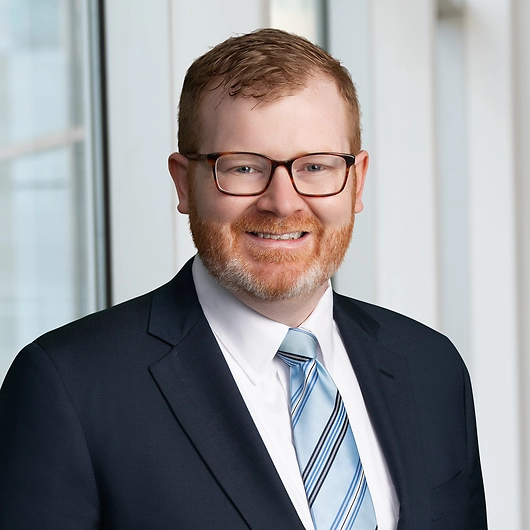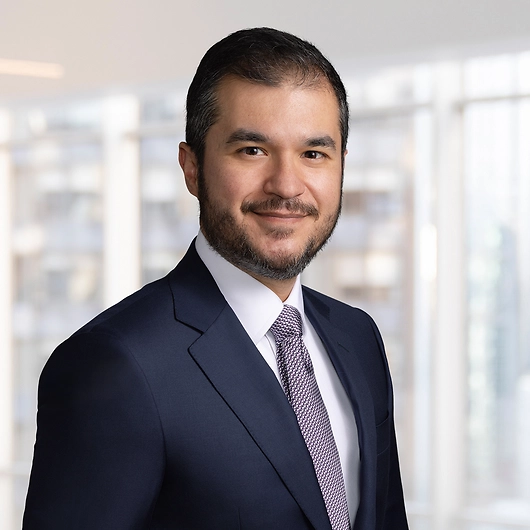On October 6, 2025, California Governor Gavin Newsom signed SB 351, aimed at limiting the involvement of private equity groups and hedge funds in health care practices.
While the new law does create new statutory requirements governing hedge fund and private equity group involvement in the management of physician and dental practices, those requirements largely reflect existing California case law and Medical Board of California guidance. Specifically, the new law:
- prohibits a private equity group or hedge fund that is involved—including as an investor or owner—with a physician or dental practice doing business in the state, from interfering with the professional judgment of physicians and dentists in making health care decisions;
- prohibits these entities from exercising power over specified actions, including hiring practices and coding and billing procedures for patient services; and
- prohibits contracts between a private equity group or hedge fund or an entity controlled by a private equity group or a hedge fund and a physician or dental practice, if the contract would allow the conduct described above or impose a noncompete or nondisparagement clause.
The law will take effect on January 1, 2026. The state attorney general is empowered to enforce the new law through injunctive relief and other equitable remedies. It is the latest in a national trend among states to strengthen corporate practice of medicine (CPOM) doctrines by limiting the influence of non-licensed entities in clinical decision-making. The bill, introduced by California State Senator Christopher Cabaldon, passed the state legislature in September with bipartisan support.
Background
As we wrote in March, the California Senate introduced SB 351 on February 12, 2025, after Governor Newsom vetoed AB 3129 in September 2024. SB 351 contained three key components: (i) it added new defined terms, including “hedge fund” and “private equity group,” in an attempt to capture all parties involved with Management Service Organizations (“MSOs”) and Dental Service Organizations (“DSOs”). It also (ii) provided a list of prohibitions for any “private equity group” or “hedge fund” that is “involved in any manner with a physician or dental practice doing business” in the state; and (iii) restated existing California law on restrictive covenants as well as the state’s prohibition on restrictions barring a provider from competing with a practice in the event of termination or resignation.
Definitions
Subsequent amendments in June, August, and September 2025 altered the definitions of “hedge funds” and “private equity groups” to exclude hospital or hospital systems, and public agencies, from the definitions of “hedge funds” and “private equity groups.” As enacted, the definitions are:
Hedge Funds
As enacted, SB 351 defines a hedge fund as “a pool of funds managed by investors for the purpose of earning a return on those funds, regardless of the strategies used to manage those funds.” They include, but are not limited to, “a pool of funds managed or controlled by private limited partnerships.”
Private Equity Groups
As enacted, SB 351 defines a private equity group as “an investor or group of investors who primarily engage in the raising or returning of capital and who invests, develops, or disposes of specified assets.”
However, hedge funds and private equity groups do not include:
- natural persons or other entities that contribute or promise to contribute funds, but do not participate in the management of the hedge fund or private equity group or its assets; or in any change in control;
- (for hedge funds), entities that solely provide or manage debt financing secured in whole or in part by the assets of a health care facility, including but not limited to banks, credit unions, commercial real estate lenders, bond underwriters, and trustees;
- hospitals or hospital systems that own one or more licensed hospitals, an affiliate of a hospital or hospital system, or any entity managed or controlled by a hospital or hospital system;
- public agencies, including but not limited to the following directly or indirectly owned, operated managed, controlled by, or otherwise affiliated with the public agency:
- clinics;
- outpatient settings;
- health facilities; and
- ambulatory surgical centers.
Interference with Professional Judgment
Prohibited interference by hedge funds and private equity groups, investors and owners, in physician and dental practices under the enrolled law includes any of the following, irrespective of the corporate form of the practice:
- determining the appropriateness of diagnostic tests;
- determining the need for referrals or consultations;
- taking responsibility for ultimate overall care, including treatment options, of a patient;
- determining how many patients a physician or dentist shall see in a given period of time or how many hours worked;
- exercising control over
- owning or otherwise determining the content of patient medical records;
- selecting, hiring, or firing physicians, dentists, allied health staff, and medical assistants based in whole or in part on clinical competency or proficiency;
- setting parameters under which physicians, dentists, or their practices shall enter into contracts with third-party payers;
- setting the clinical competency or proficiency parameters under which a physician or dentist shall enter into contracts with other physicians or dentists for the delivery of care;
- making decisions regarding coding and billing for patient care services; and
- approving the selection of medical equipment and supplies for the physician or dental practice.
Contracts, Agreements, and Arrangements
A private equity group or hedge fund, or another entity controlled directly, in whole or in part by a private equity group or hedge fund, is prohibited from:
- entering into a contract, agreement, or arrangement with a physician or dental practice doing business in the state if it would interfere with the professional judgment of physicians or dentists, as described in the section above; and
- including a clause in a contract that prevents a provider from
- competing with the practice, in the event of a termination or resignation; and
- disparaging, opining, or commenting with respect to care, ethical or professional challenges, or revenue strategies or the practice.
Contracts, agreements, or arrangements violating these prohibitions are deemed void, unenforceable, and against public policy. However, an otherwise enforceable sale of business noncompete agreement and a contract prohibiting the disclosure of material nonpublic information would generally remain valid, with exceptions.
Takeaways
CPOM compliance has always required attention in California, but SB 351 makes it clear that corporate practice will now be a focus of the state regulatory and enforcement agencies, and non-compliant MSOs and DSOs can and will be targets. The new legislation states that it is “intended to ensure that clinical decision-making and treatment decisions are exclusively in the hands of licensed health care providers and to safeguard against non-licensed individuals or entities…exerting influence or control over care delivery.” The new law should spur sponsors and operators to review existing agreements and assess operations to ensure compliance with SB 351.
Epstein Becker Green Staff Attorney Ann W. Parks contributed to the preparation of this post.
Blog Editors
Authors
- Member of the Firm
- Member of the Firm
- Member of the Firm
- Senior Counsel
- Member of the Firm




